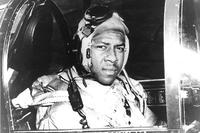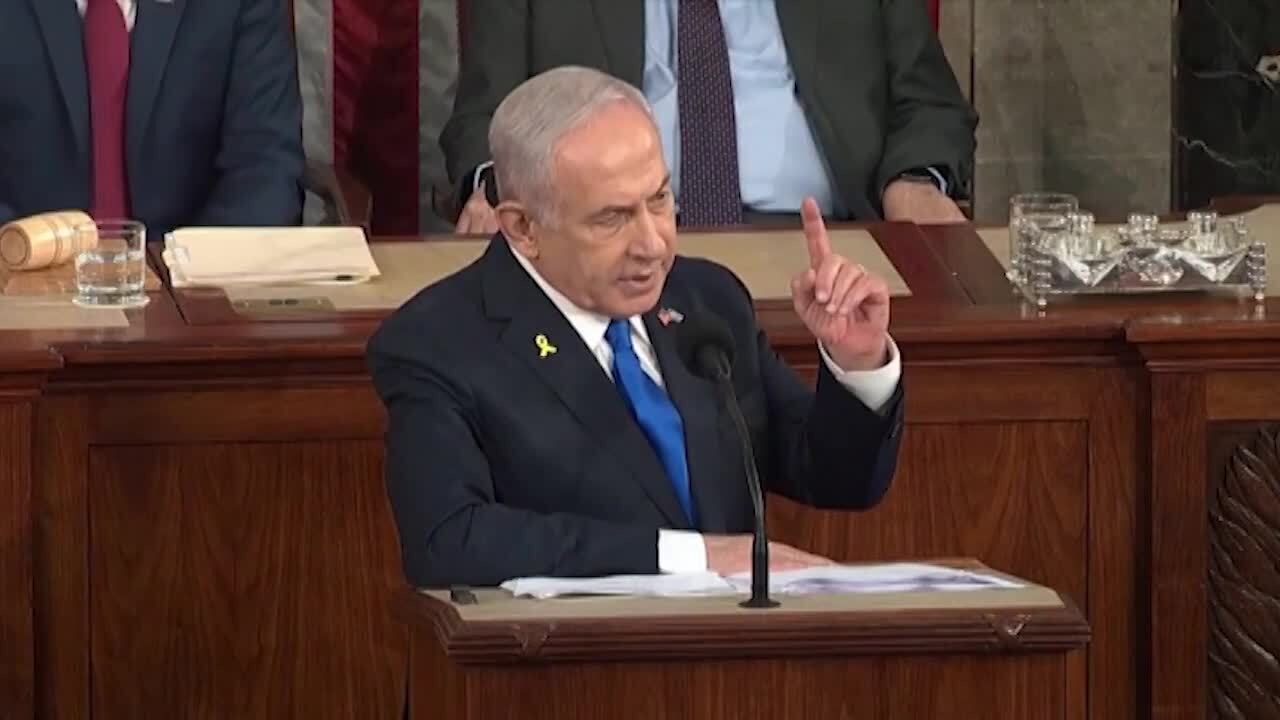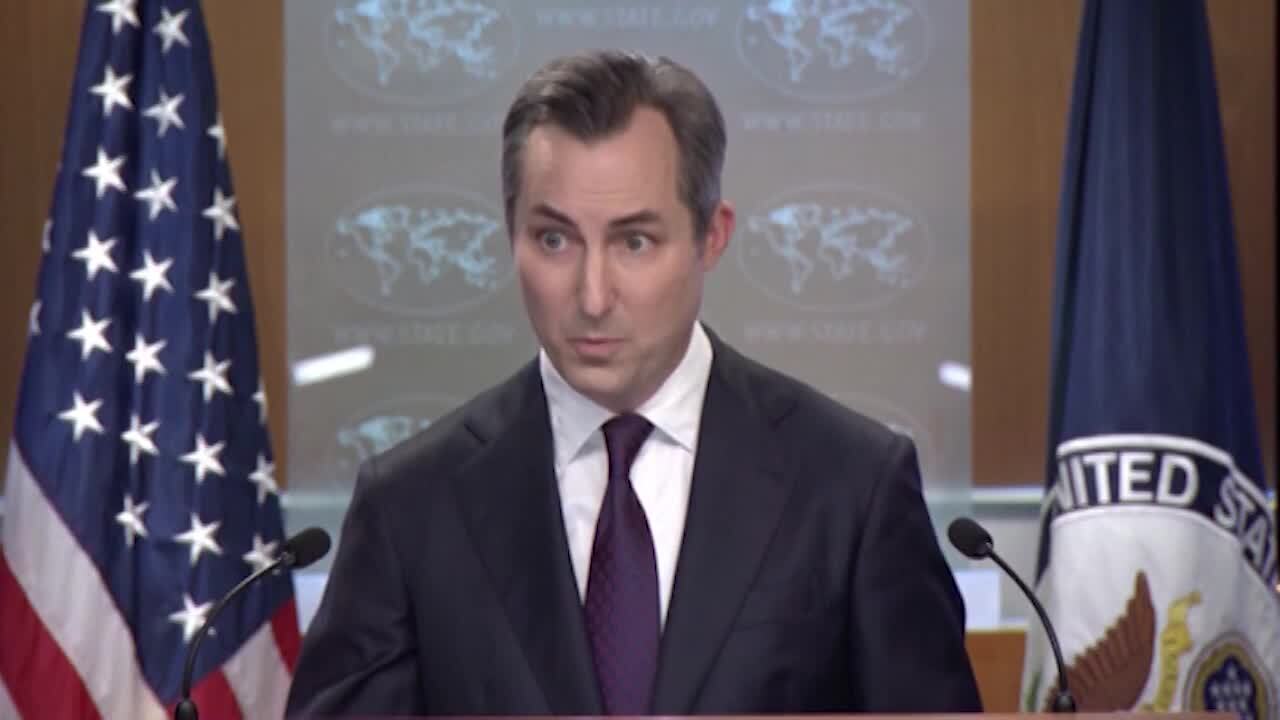As an Amazon Associate, Military.com earns from qualifying purchases.
In 2003, documentary filmmaker Errol Morris released "The Fog of War: Eleven Lessons from the Life of Robert McNamara." It was a film that saw the World War II veteran, former defense secretary and architect of the Cold War speak candidly about his life and experiences, birthed and shaped by the American wars of the 20th century. A decade after "The Fog of War," Morris gave former Defense Secretary Donald Rumsfeld the same treatment with 2013's "The Unknown Known," using his subject's colorful experiences as a window into history.
Morris' latest work, "The Pigeon Tunnel," gives "The Fog of War" treatment to a different kind of Cold Warrior. This time, his subject is David Cornwell, who spent the 1950s and 1960s working for Britain's internal security service, MI5, and for the British intelligence agency, MI6. He's also a distinguished author who writes under the pen name John Le Carré.
Where Le Carré was a master spy novelist, Cornwell was a master spy. "It's terribly difficult to recruit for a secret service," he says in the film. "You're looking for someone who's a bit bad, but at the same time loyal. There's a type, and I fit it perfectly."
The bad bit of Cornwell likely stems from his youth, where he was abused by his father, abandoned by his mother and sent to a preparatory school by his uncle, a member of Parliament. He was conscripted in 1950 and sent to the British Army's Intelligence Corps, where his job was interrogating refugees fleeing Soviet-dominated Eastern Europe. After leaving the service, he went to college and was later recruited by MI5.
MI5 operates much as the National Security Agency, or NSA, does in the United States in terms of counterintelligence and internal security. Like any counterespionage operative, Cornwell's duties included legal means of gaining information, such as interrogating suspects and tapping phone lines, as well as legal gray areas, such as breaking and entering and intercepting communications. It was while working for MI5 in the late 1950s that he began writing books under the pseudonym John Le Carré.
By the time Le Carré's first book, "Call for the Dead," was published, Cornwell had already been transferred to MI6, Britain's Secret Intelligence Service. While working in British embassies in Bonn (then the capital of West Germany) and Hamburg (not far from the border with Soviet-dominated East Germany), he continued writing, basing his stories and characters on real-world operatives and clandestine events. During this time, he published "A Murder of Quality" and "The Spy Who Came in from the Cold."
Then, his espionage career suddenly ended thanks to the treachery of a fellow agent. Kim Philby had been an MI6 operative since joining the service in 1940 and almost immediately began providing information to the Soviet Union. He rose in the ranks of the secret service both during and after the war, was appointed an officer of the Order of the British Empire and was even the chief British intelligence representative in Washington between 1949 and 1951. In 1955, he was accused and acquitted of spying for the KGB. In 1963, it was revealed that Philby had indeed been a Soviet agent the entire time. Philby fled to Moscow, but Cornwell was outed as a spy in the process.
After leaving MI6, Cornwell kept writing. He wrote espionage and detective novels featuring his signature character, spymaster George Smiley, namely "Tinker, Tailor, Soldier, Spy," "The Honourable Schoolboy" and "Smiley's People." He also wrote standalone books, many of which have found their ways to television and film adaptations, such as "The Constant Gardener," "A Most Wanted Man" and "Our Kind of Traitor." It would actually be easier to list the books that weren't adapted for the screen. Morris' title, "The Pigeon Tunnel," even borrows from that of Le Carré's own memoir, and one he used as a placeholder title when he was working on a new book.
In the course of "The Pigeon Tunnel," Morris sits the former spy down in front of the filmmaker's self-designed "Interrotron," a television on the end of a camera that forces the subject to have a personal conversation with Morris through the TV, while at the same time forming that same intimacy with viewers of the film.

Cornwell's interview with Morris is his last and most candid, insofar as someone who holds so many secrets can be candid. He speaks about his life, career and, of course, clandestine activities. But unlike the real world of espionage in which Cornwell once lived, the Le Carré world of spies is entirely different and more exciting, as the author even admits to Morris: "When I was in MI6, it wasn't enough for me. So what I did was reinvent the secret world. And fill my own people with it."
"The Pigeon Tunnel" will begin streaming on Oct. 20, 2023, on Apple TV+.
-- Blake Stilwell can be reached at blake.stilwell@military.com. He can also be found on Facebook, Twitter, or on LinkedIn.
Keep Up With the Best in Military Entertainment
Whether you're looking for news and entertainment, thinking of joining the military or keeping up with military life and benefits, Military.com has you covered. Subscribe to the Military.com newsletter to have military news, updates and resources delivered straight to your inbox.

















